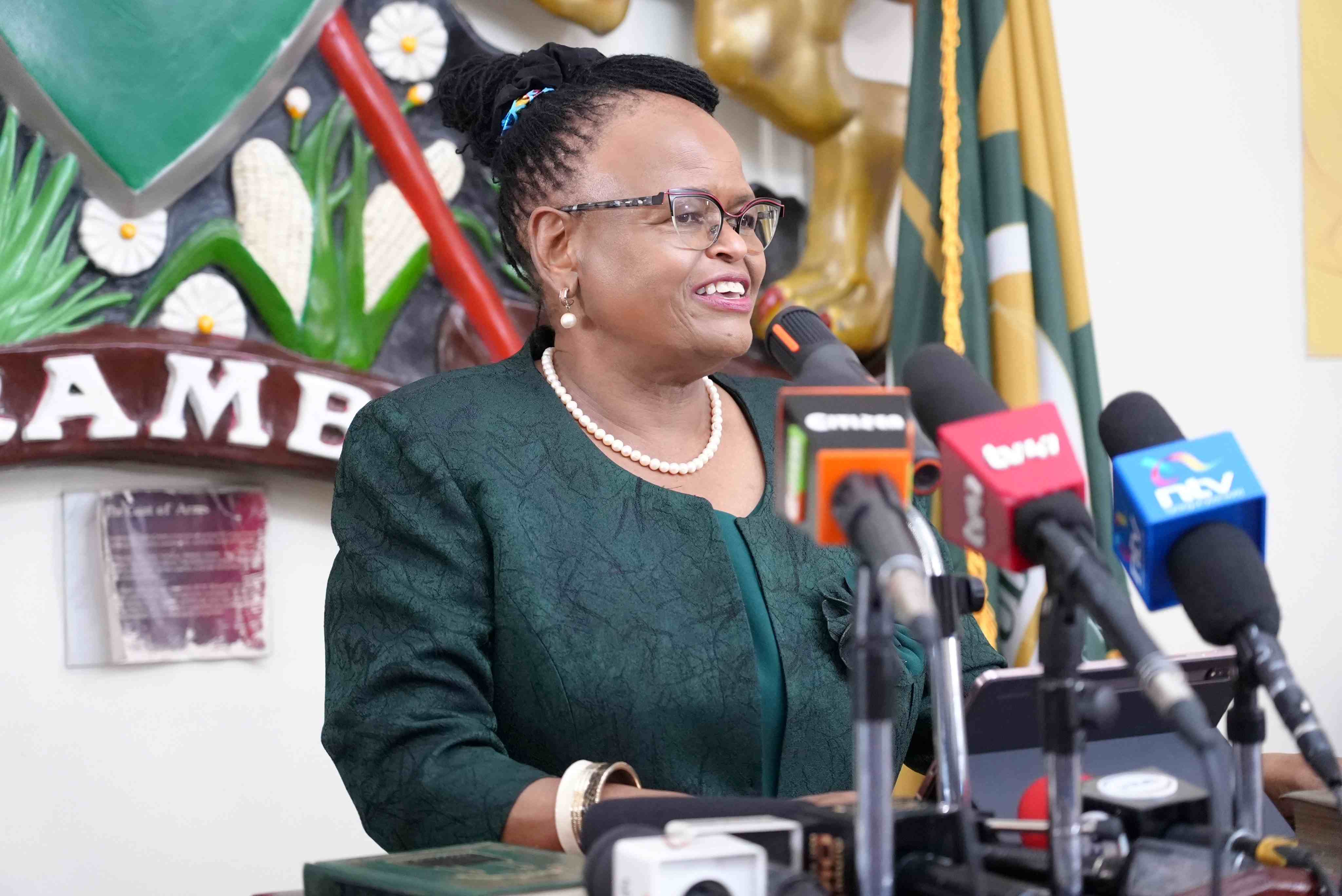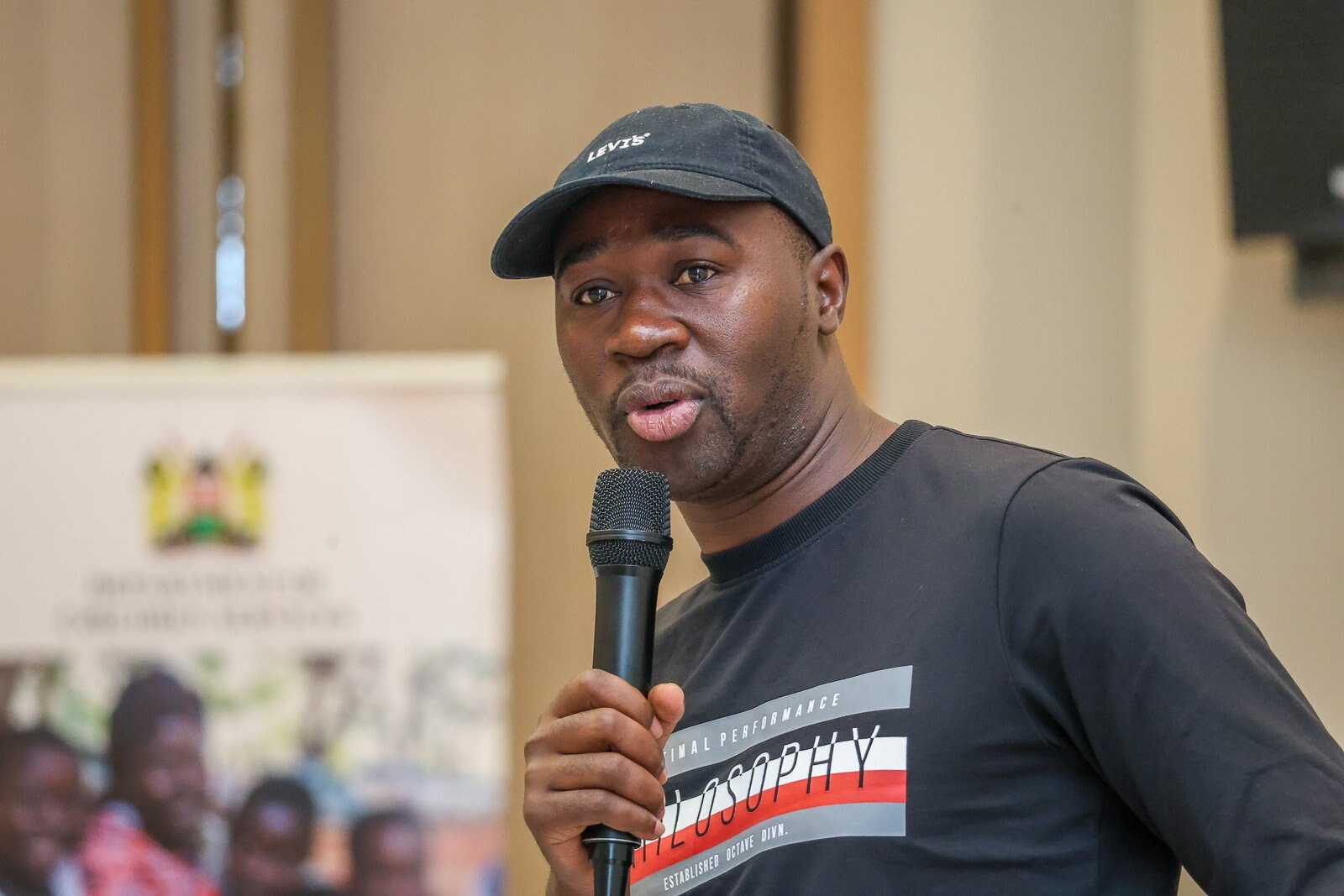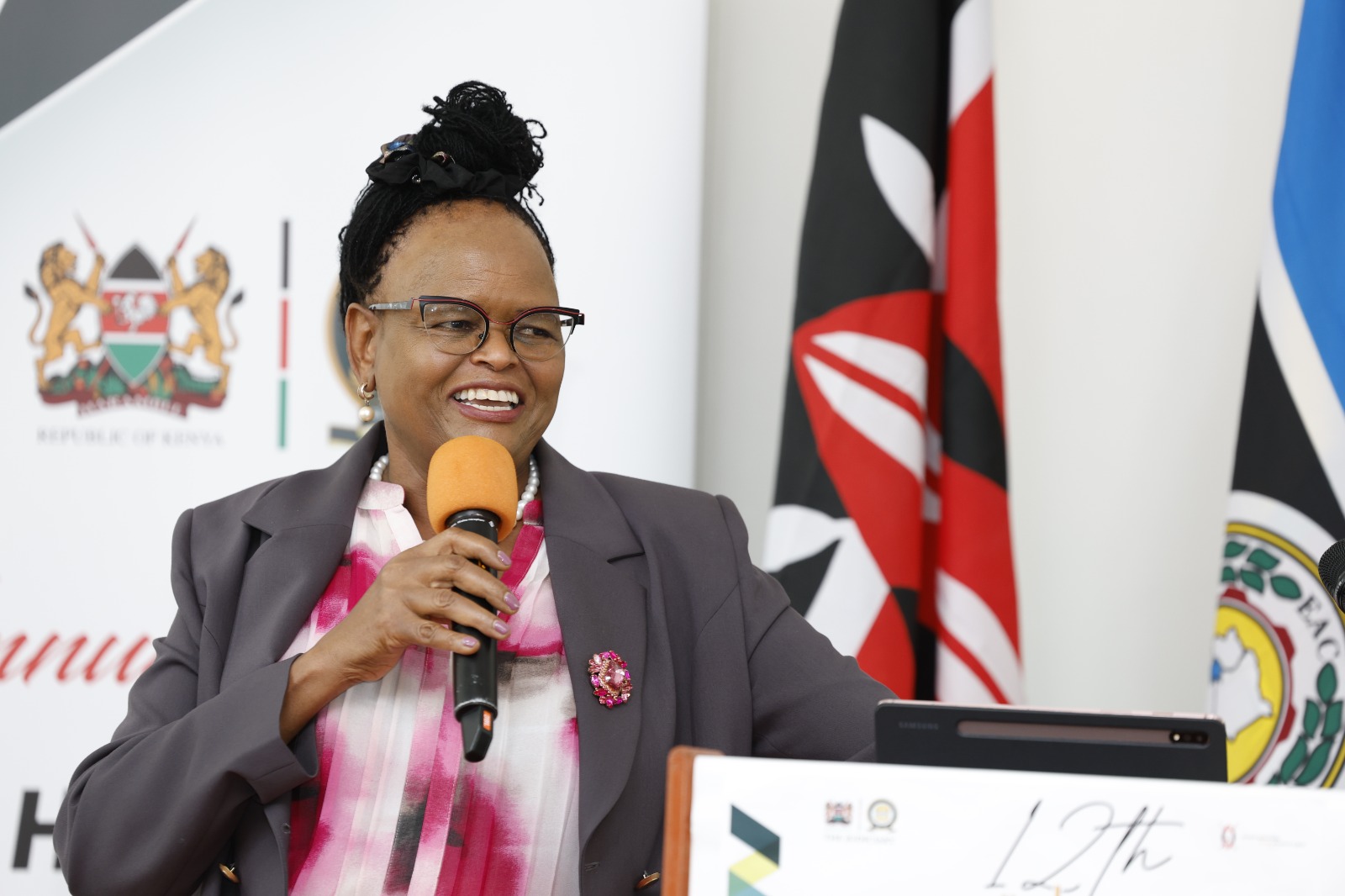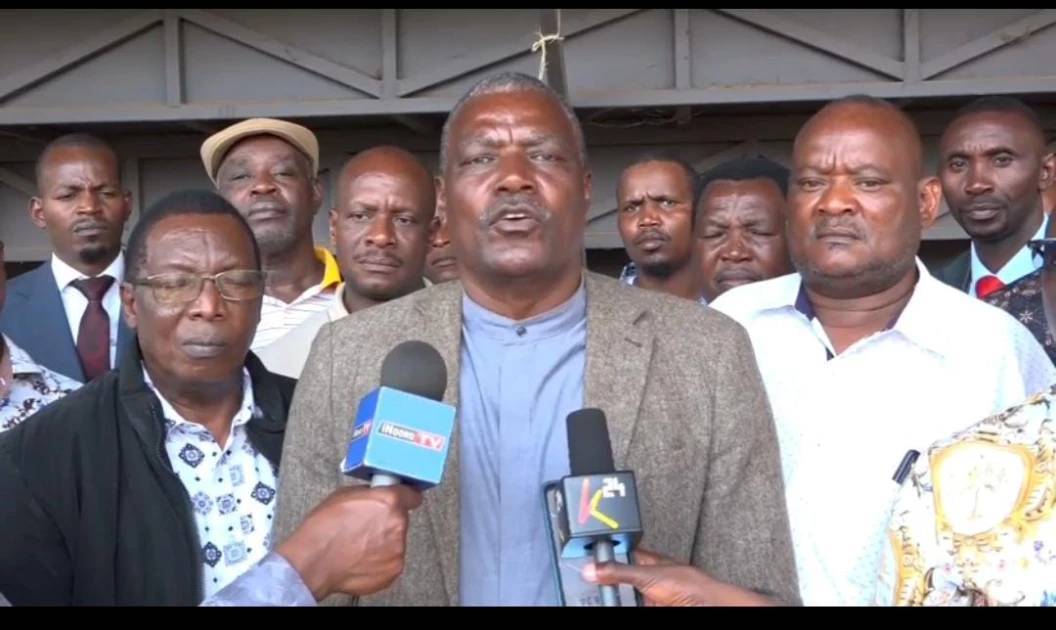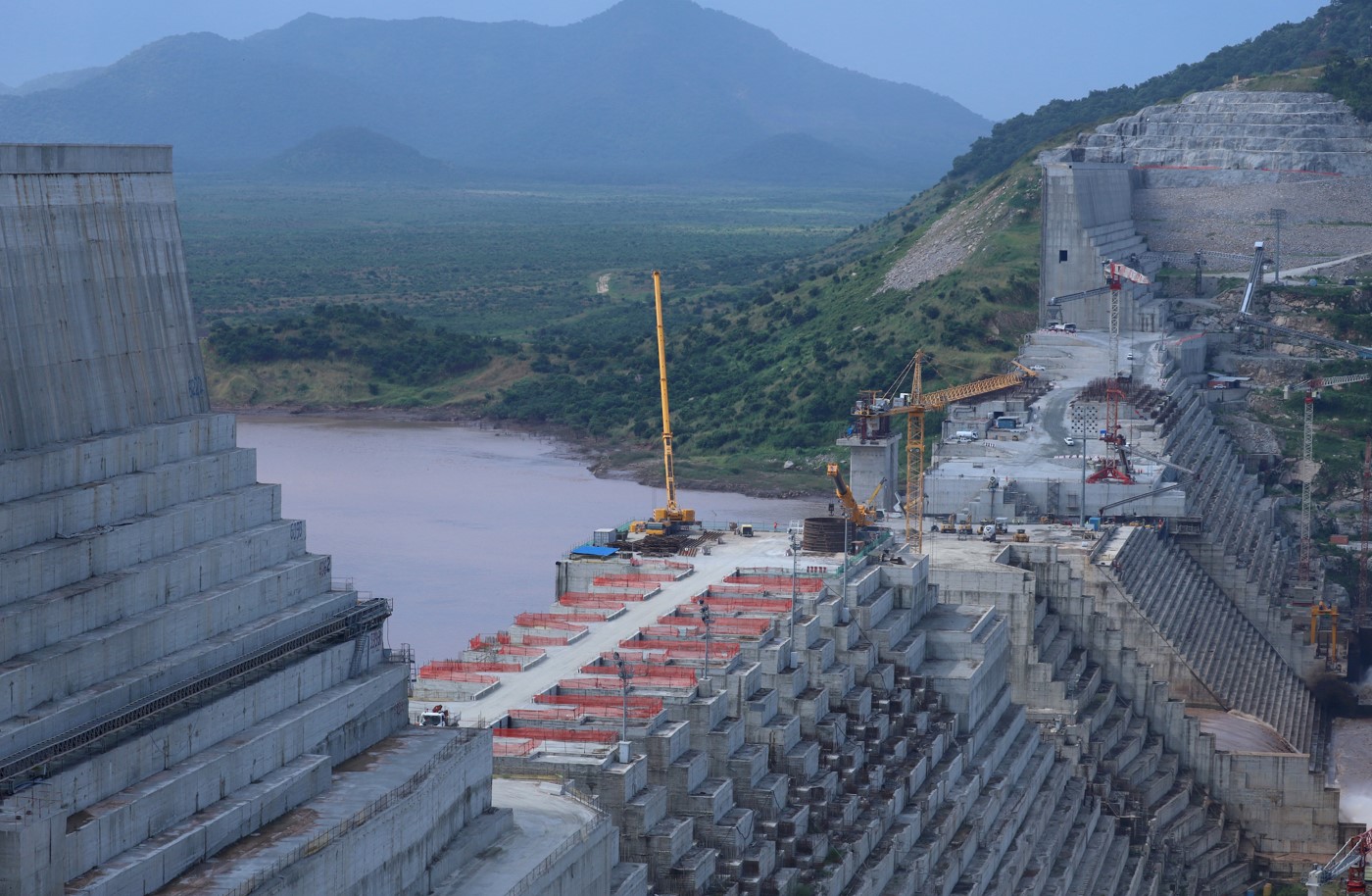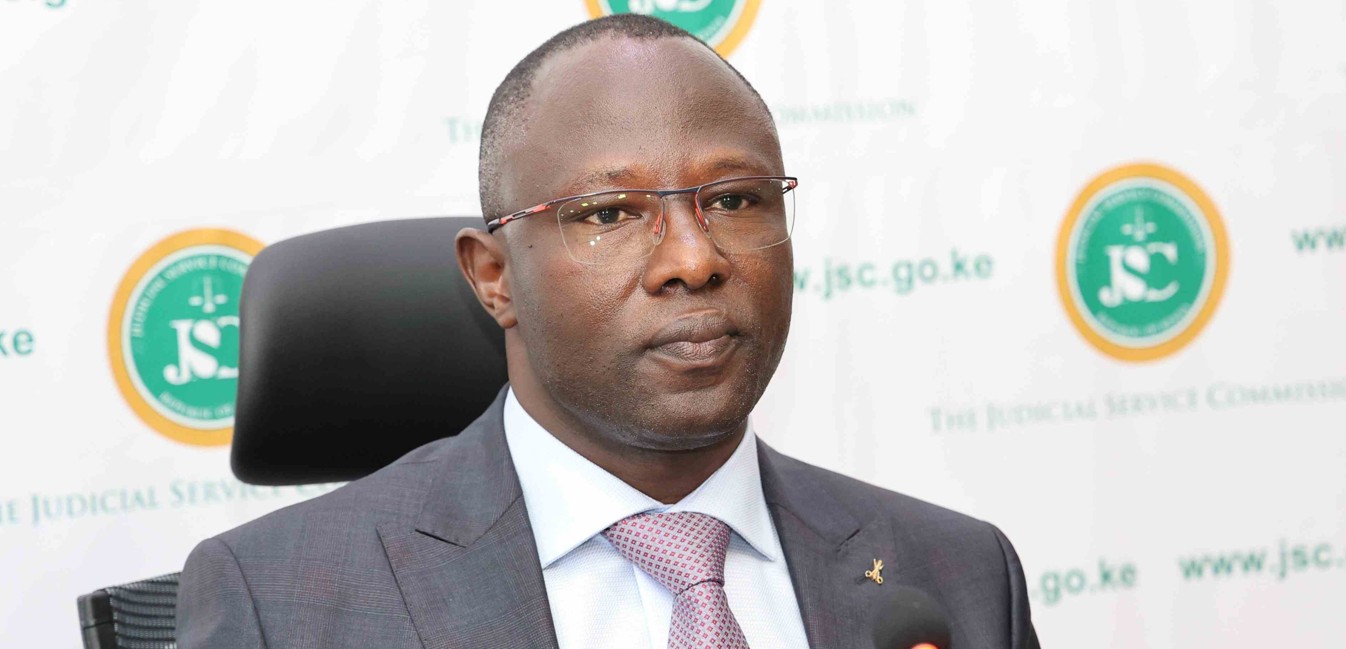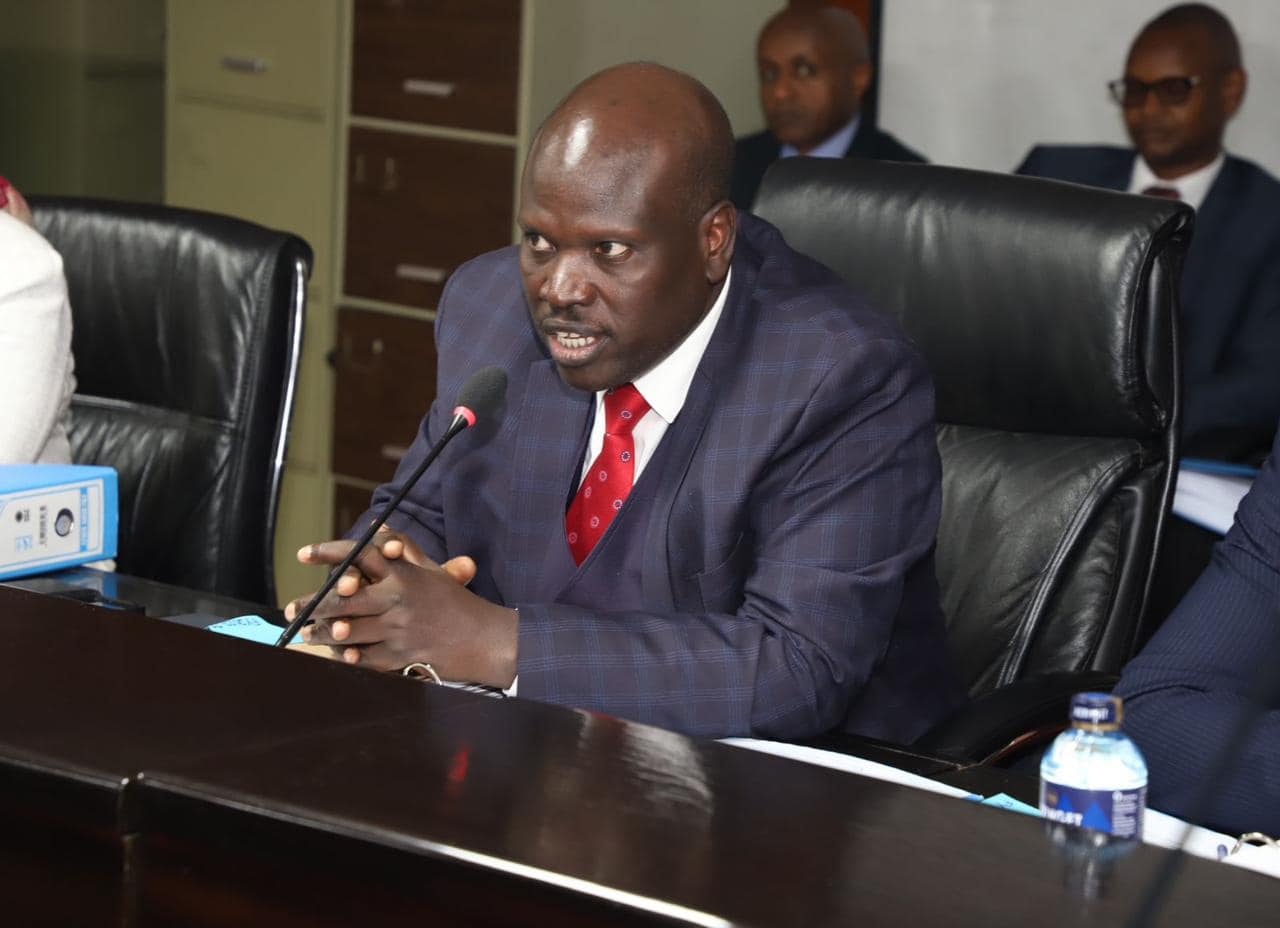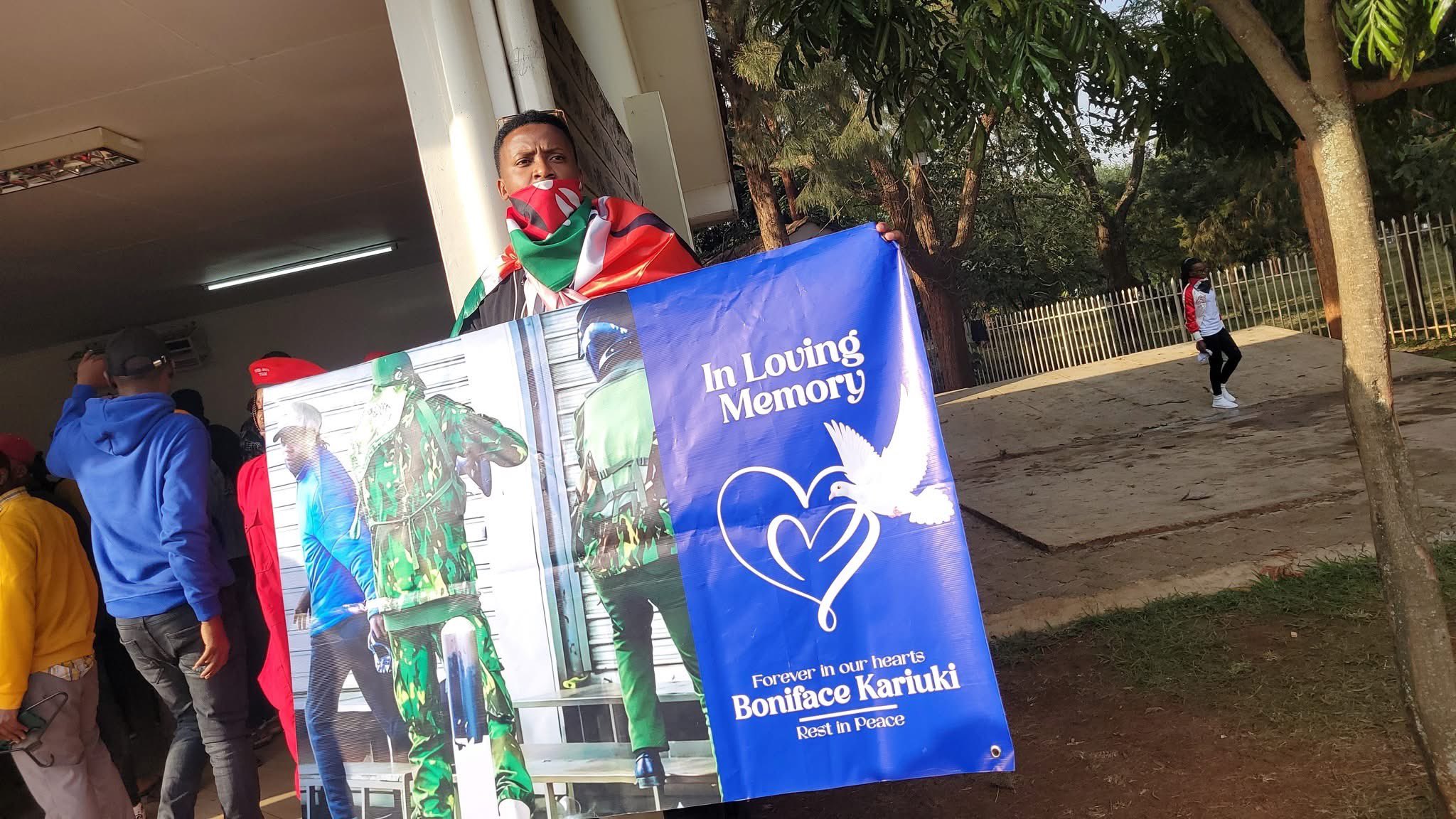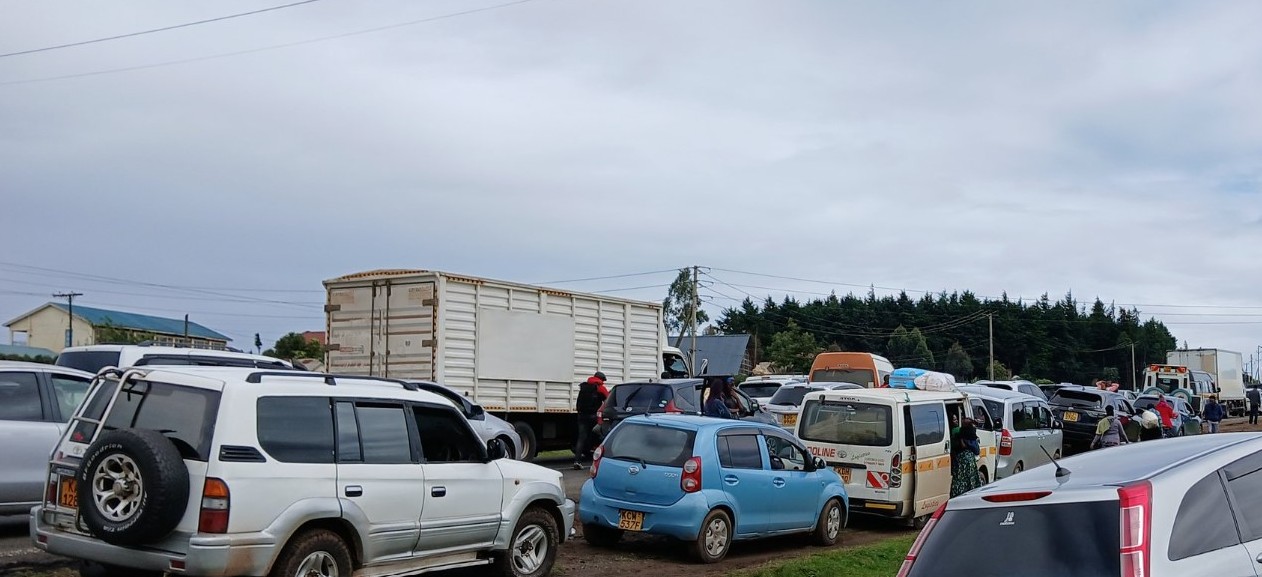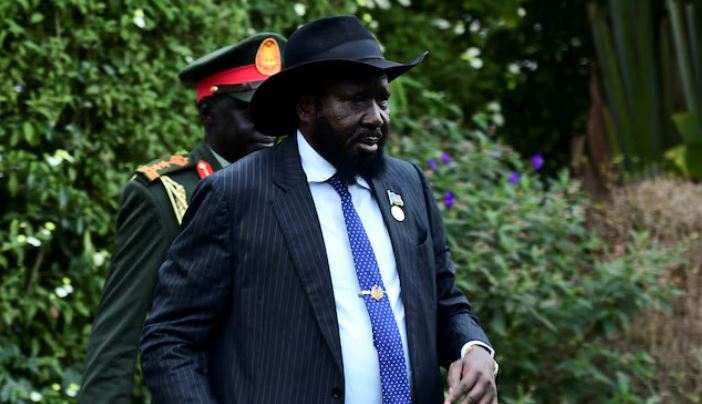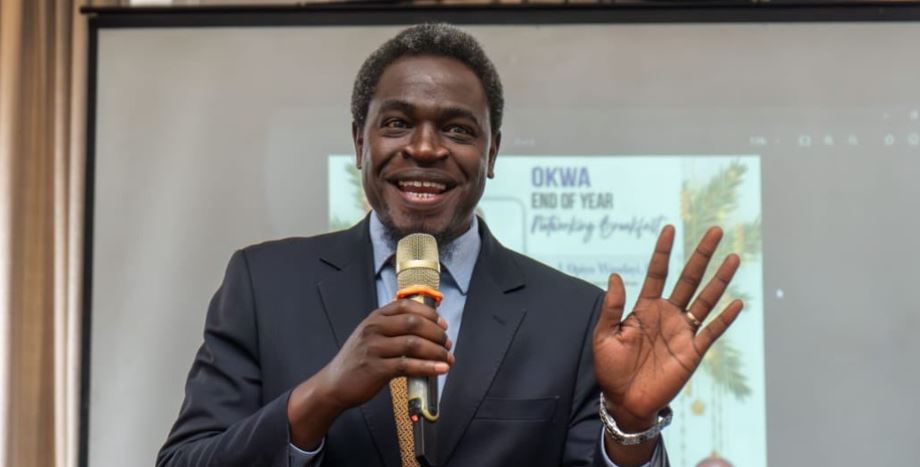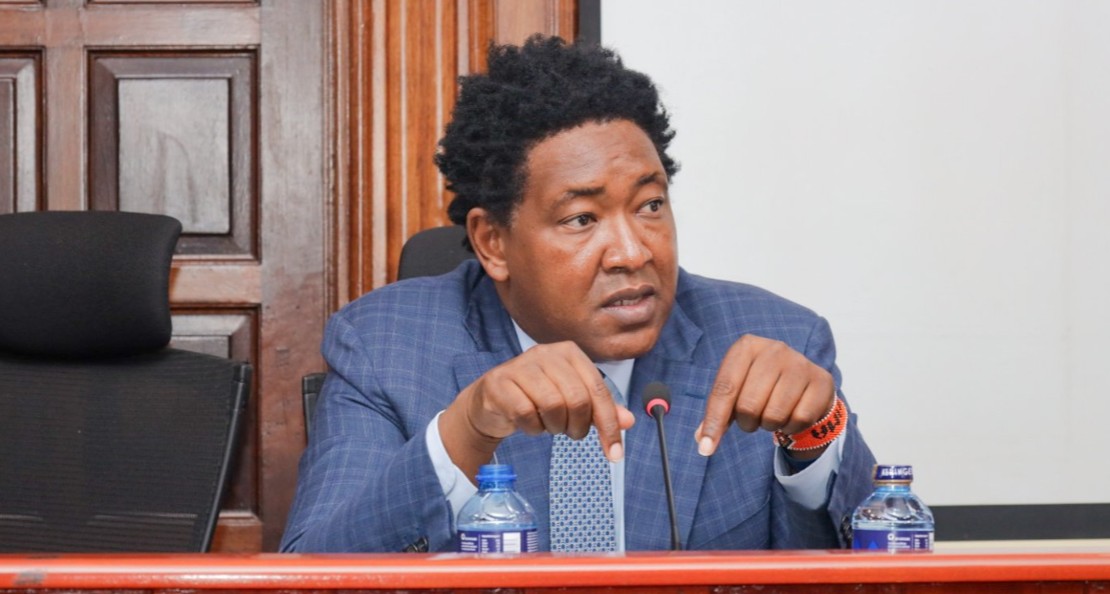NDMA: 23 arid counties face water shortage, risk of drought-induced conflicts grows
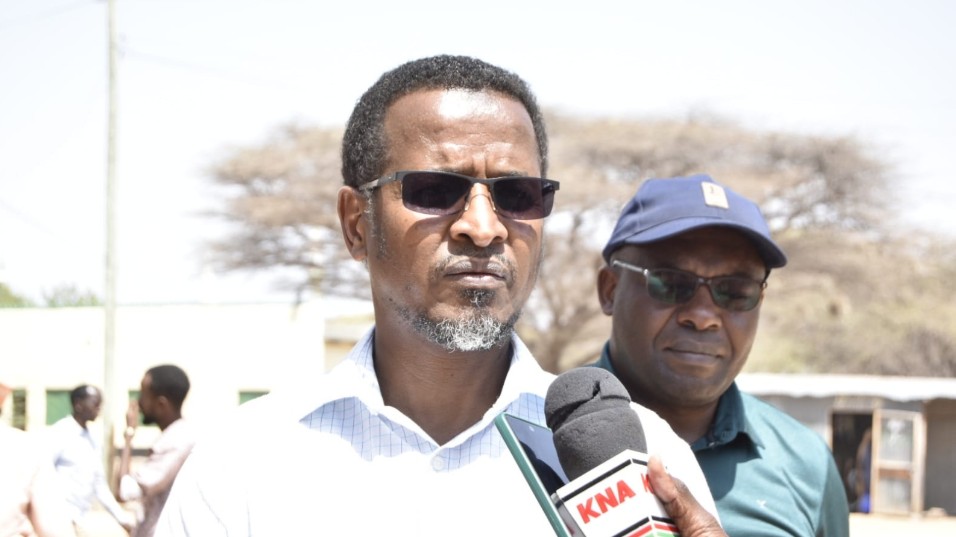
The NDMA CEO stated that the organisation is doing its best to focus on building community resilience against climate shocks, based on the available budgetary allocation from the National Treasury.
Despite the availability of pasture, 23 arid and semi-arid land (ASAL) counties are experiencing a significant water shortage due to erratic and insufficient rainfall.
Speaking in Madogashe town, National Drought Management Authority (NDMA) CEO Hared Adan urged donor and partner organisations to pool resources in support of government initiatives aimed at establishing adequate water infrastructure in the ASAL region.
More To Read
- Kenya's democracy, future in IEBC's hands - CJ Koome
- Chief Justice Martha Koome urges new IEBC commissioners to 'fix what’s broken, earn public trust'
- "Every voice will count", says IEBC Chair Erastus Ethekon as he assures credible 2027 elections
- New IEBC Chairperson Erastus Edung Ethekon, commissioners sworn in
- Budget shortfall threatens Ruto’s Sh29.7 billion youth empowerment programme
- MPs demand audit of IEBC’s Sh3.9 billion pending bills
He noted that NDMA is prioritising water infrastructure, as access to reliable water remains the region’s most pressing challenge.
"Recently, the region experienced minimal rainfall during the April-May long rains; there is availability of pasture, but a lack of sufficient water for both human and livestock is already experienced in parts of the Asals region," he noted.
Hared highlighted how situations might get worse during the prolonged dry spell, where both pasture and water resources become scarce, putting the lives of humans and livestock at risk.
"In some instances, conflicts have arisen among the pastoralist communities in this region as a result of the dwindling resources," he said.
He noted that while county governments, the national government, and donor agencies have made efforts to establish various water infrastructure projects to address the long-standing water crisis in the ASAL counties, these efforts are still insufficient. He emphasised that much more is needed to meet the existing challenges.
Community resilience
The CEO stated that NDMA is doing its best to focus on building community resilience against climate shocks, based on the available budgetary allocation from the National Treasury.
However, he stressed that these efforts will not be enough without the active involvement of donors and partner organisations to help address the region’s water challenges.
He clarified that while the current water situation is not yet alarming, the crisis could worsen significantly in the next two months if no urgent interventions are made.
During his visit to Madogashe in Lagdera Sub-county, the CEO presided over a food distribution exercise for elderly men and women aged 65 and above. He also took part in the donation of umbrellas to small-scale traders—an initiative jointly implemented by NDMA and the International Relief for Africa organisation.
Dr Allan Mugambi of the International Relief for Africa said the programme aims to support vulnerable elderly individuals in the community. He noted that the organisation partnered with NDMA and other government agencies to extend help to these at-risk groups.
NDMA director Koome Kirago emphasised that elderly persons are among the most neglected and vulnerable segments of society. He pointed out that such support is especially vital for elderly people in ASAL regions, whose livelihoods have been severely impacted by recurrent droughts.
He called on non-governmental organisations, donors, and development partners to consider supporting elderly populations through a multi-faceted approach that includes access to healthcare, social services, financial aid, and protection from harm.
Kirago expressed concern that older individuals face growing vulnerability due to age-related physical and cognitive decline, social isolation, and worsening economic conditions.
Top Stories Today
